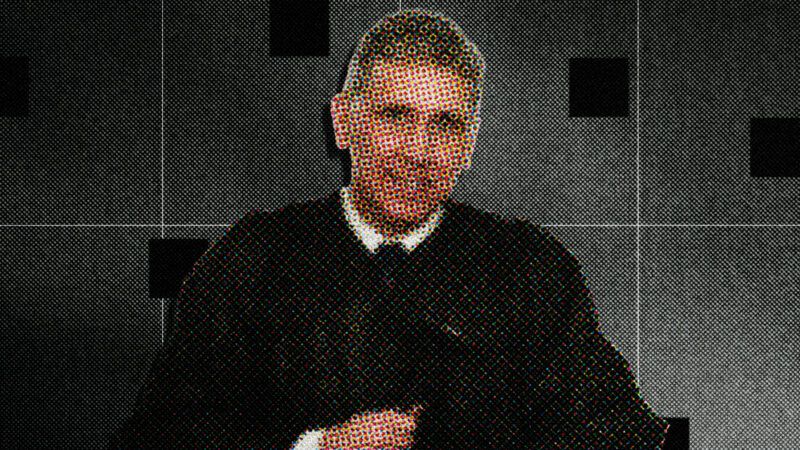This Judge Tried To Get Out of Jury Duty by Saying Everyone Appearing Before Him Is Guilty
"I know they are guilty," otherwise "they would not be in front of me," said town justice Richard Snyder, who resigned in December.

Nobody likes jury duty, but one local judge's attempt to get out of serving on a grand jury ended up costing him his job. In October 2023, Richard Snyder, a New York town justice, said he couldn't fairly serve on a grand jury because he believed anyone appearing before him was guilty.
"I know they are guilty," Snyder said in a court transcript, according to The New York Times. If they weren't guilty, Snyder added, "they would not be in front of me." The judge dismissed Snyder and reported him to a disciplinary panel.
Snyder resigned in December from his post as a town justice—a position that allowed him to hear minor legal issues, like civil claims of less than $3,000, traffic violations, and misdemeanor crimes. Snyder didn't have any previous legal experience and had been on the bench since winning a 2013 election. According to the Times, he made about $6,000 per year to hear these minor cases.
At a hearing about the complaint against him, Snyder tried to explain his comments, telling officials, "In my court, I treat everybody the same, equal, fair, honest." He added, "I try to work with people, try to help them out. I take pride in my job."
But Snyder also revealed a misunderstanding of the presumption of innocence. "I meant, that they were guilty because they did something wrong. But they're not guilty 'til they come to court. They're innocent 'til proven guilty," he said during the hearing, according to the Associated Press. However, Snyder also said if someone appears before him, "They did something wrong. That's why they got a ticket. But they're not guilty."
While it's troubling that Snyder held his position for so long—more than ten years total, and for more than a year after having a complaint filed against him—the fact that he resigned will hopefully encourage other judges to learn a thing or two about the presumption of innocence before getting behind the bench.
"There is no place on the bench for someone who so deeply misunderstands the role of a judge and the administration of justice," Robert H. Tembeckjian, administrator and counsel for the New York State Commission on Judicial Conduct told the A.P. "It is bad enough that a judge would seek to avoid such a fundamental civic responsibility as jury service. It is astounding that the judge would claim an inability to be impartial, and to declare under oath that the accused must be guilty or they would not be in court."


Show Comments (19)